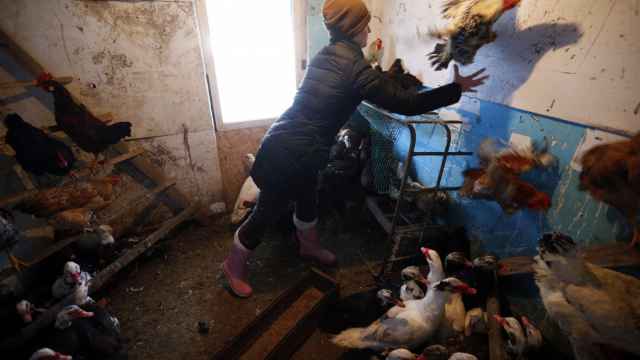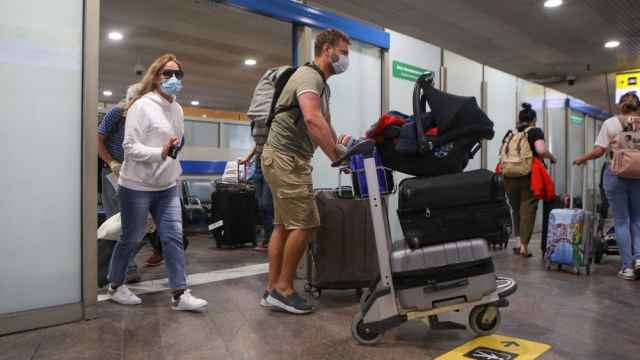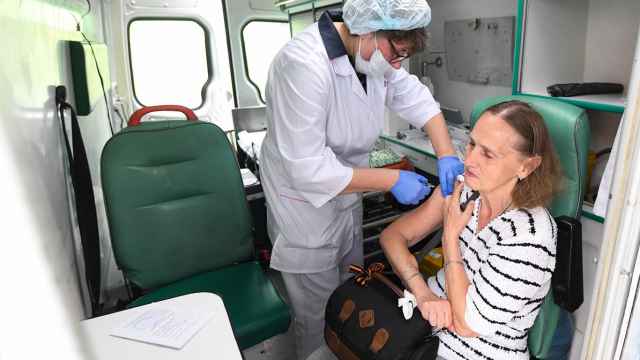A 15-year-old boy has died from the bubonic plague in Mongolia, health authorities said Tuesday, one of a handful of cases that recently emerged in the country and neighboring China.
The boy, who lived in the remote southwest province of Gobi-Altai, caught the rare bacterial illness after hunting and eating a marmot, according to the health ministry.
"We quarantined the first 15 people who came into contact with the deceased and those 15 people are receiving antibiotic treatment," Narangerel Dorj, head of public relations at the health ministry, told reporters.
Five districts of the province were placed under six-day quarantine.
Earlier this month two other cases of bubonic plague were registered in Khovd province. More than 140 people were tested, but no other cases were found.
A herdsman also contracted the plague in China's northern Inner Mongolia region, prompting local authorities to ban the hunting and eating of animals that could carry the plague until the end of the year.
At least one person dies of the plague every year in Mongolia despite government campaigns to discourage people from eating marmot or approaching the animal.
But many in rural areas grow up learning to hunt and eat the large ground squirrel, and some believe eating its innards is good for health.
An ethnic Kazakh couple died of the plague last year after eating raw marmot kidney.
The recent cases prompted Russia's eastern Siberian region of Burytia to test rodents for the bubonic plague and urge residents not to hunt or eat marmot.
It also comes as Mongolia's borders remain closed due to the coronavirus pandemic.
A Message from The Moscow Times:
Dear readers,
We are facing unprecedented challenges. Russia's Prosecutor General's Office has designated The Moscow Times as an "undesirable" organization, criminalizing our work and putting our staff at risk of prosecution. This follows our earlier unjust labeling as a "foreign agent."
These actions are direct attempts to silence independent journalism in Russia. The authorities claim our work "discredits the decisions of the Russian leadership." We see things differently: we strive to provide accurate, unbiased reporting on Russia.
We, the journalists of The Moscow Times, refuse to be silenced. But to continue our work, we need your help.
Your support, no matter how small, makes a world of difference. If you can, please support us monthly starting from just $2. It's quick to set up, and every contribution makes a significant impact.
By supporting The Moscow Times, you're defending open, independent journalism in the face of repression. Thank you for standing with us.
Remind me later.






